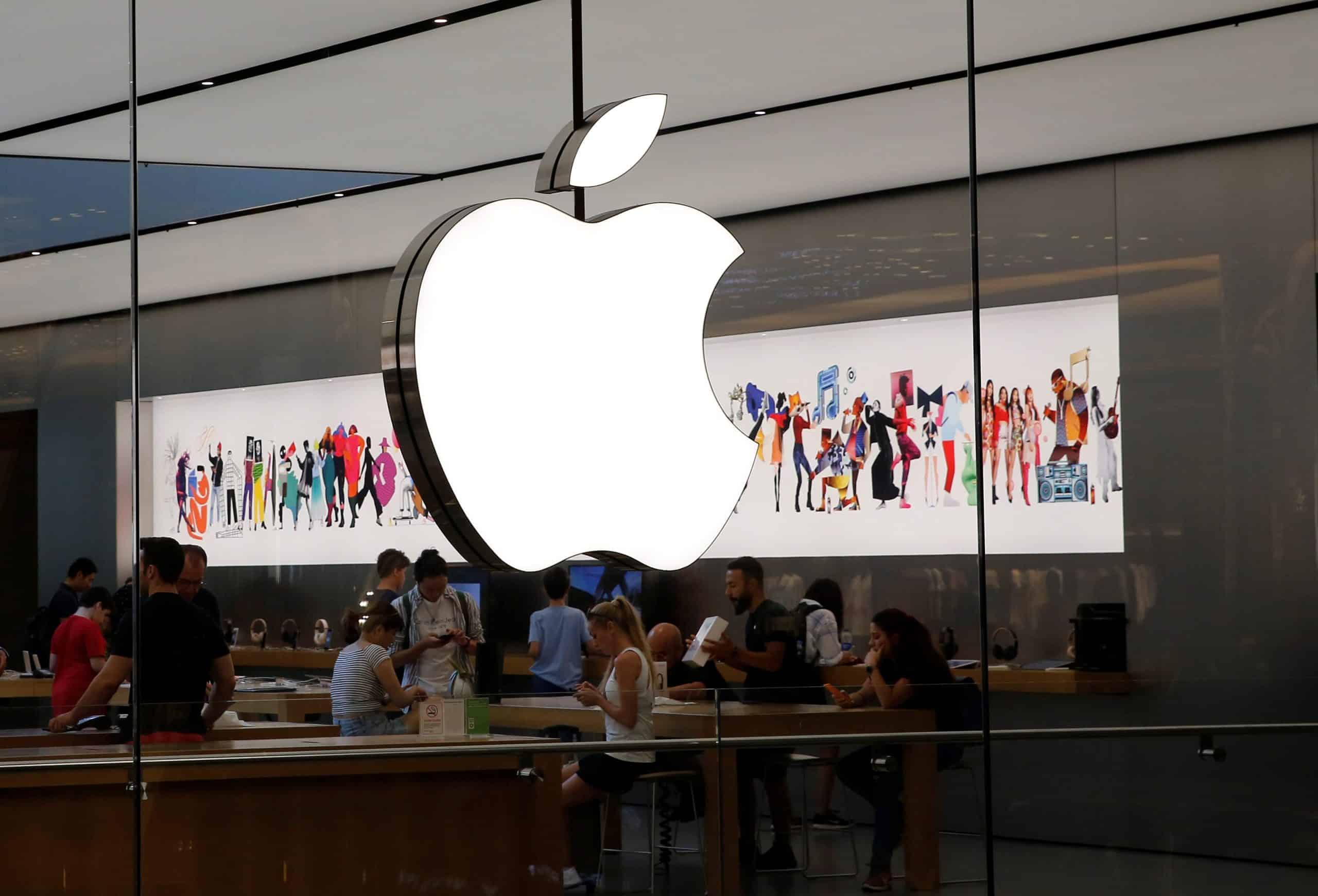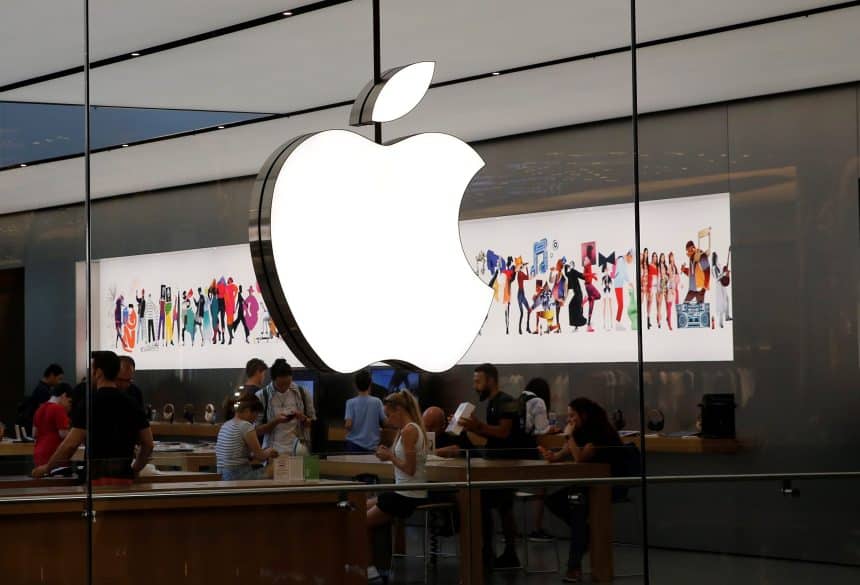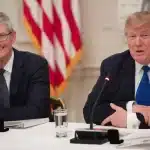Turkish authorities have opened a formal investigation into Apple and several of its local resellers, suspecting illegal price-fixing and anti-competitive practices. The country’s Competition Board announced the probe after completing a preliminary inquiry that found enough evidence to justify a deeper look.
The investigation focuses on whether Apple influenced the resale pricing of its products, including iPhones, iPads, and accessories. Authorities are also examining potential collusion in trade-in programs, where prices offered for used devices may have been unfairly coordinated.

Multiple Resellers Under Scrutiny
Apple isn’t the only target. Four Turkish companies—Easycep, HB Bilişim, Destek Bilişim, and Getmobil—are also named in the probe. These firms either refurbish and resell Apple products or act as corporate distributors.
Officials suspect that Apple and its partners may have violated Article 4 of Turkey’s Law No. 4054 on the Protection of Competition. This law prohibits agreements between companies that distort or restrict competition, particularly those that set or influence pricing.
Potentially Massive Penalties
If found guilty, Apple and its partners could face fines of up to 10% of their global revenue from the previous year. That penalty could amount to billions of dollars, depending on Apple’s worldwide earnings.
The investigation follows a global trend of increasing scrutiny on big tech. In 2021, Apple faced a similar accusation in Italy and was fined $152 million, alongside Amazon, which paid $77.4 million.
Next Steps Still Unclear
While a formal investigation is now underway, there’s no timeline for its conclusion. Authorities have stressed that launching an investigation doesn’t mean Apple will be found guilty.
Nonetheless, the case could significantly impact Apple’s pricing strategies in Turkey and beyond. As regulators tighten oversight globally, tech giants may need to adjust how they operate in local markets to stay compliant.












